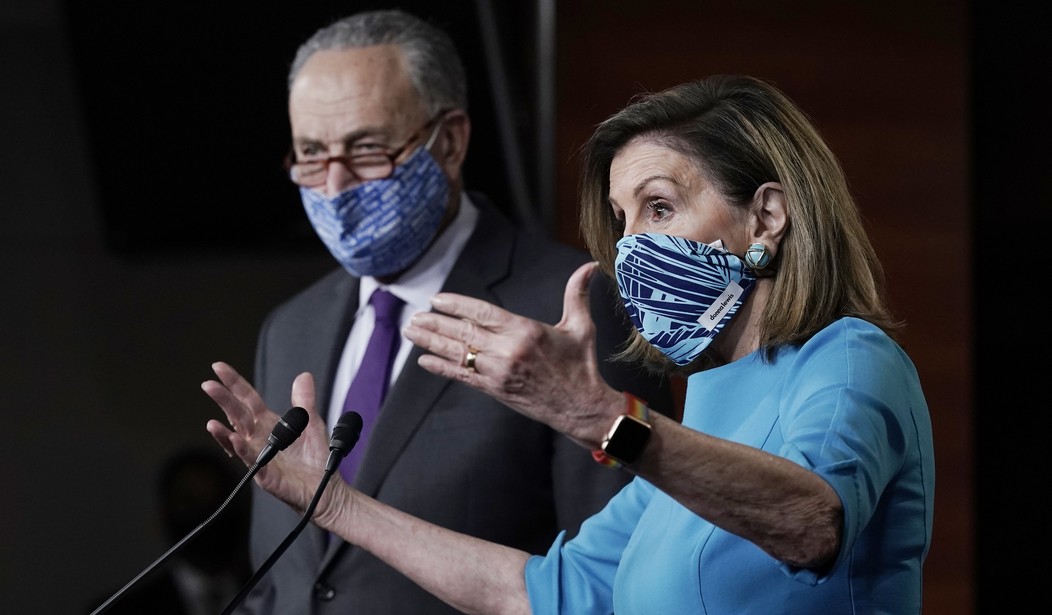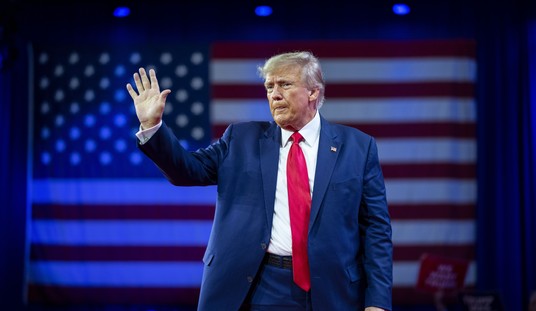There is still much to do with only a few weeks left before the 116th Congress adjourns. Congressional leaders are considering important legislation in a post-election session of Congress. The three big-ticket legislative items left to do this year are: a coronavirus pandemic relief package, year-end appropriations deal and the National Defense Authorization Act (NDAA). Congress should keep these bills clean from unnecessary and unrelated provisions.
Each congress lasts for two years and each congress is broken up into two sessions that line up with calendar years. At the end of the second session, there are several unelected senators and representatives that serve in what is termed a "Lame Duck" session. Traditionally, these lame-duck sessions are loaded with special interest provisions that are snuck into large bills or passed at the last minute under unanimous consent agreements in the Senate and on the suspension calendar in the House. This year will be no different, yet responsible Republicans and Democrats should put the brakes on any legislation that does not rise to the level of an emergency in this lame-duck session.
The annual NDAA has traditionally been a Christmas tree for items that have nothing to do with defense policy. Customarily, the NDAA, the annual authorization for the Department of Defense, is the last piece of legislation that is signed into law consequently making this bill a magnet for unrelated legislative provisions. Reports indicate that the NDAA is on track to be passed and sent to President Donald J. Trump who has promised to veto the bill. Last year, the NDAA included non-defense related provisions requiring agencies to document market research when acquiring commercial products, continuing dental care, vision care and long-term care plans for all federally furloughed employees. The provision also included a tax benefit for relocating government employees and granted 12 weeks of paid parental leave for all federal government employees. All of these are important issues, yet they are not defense specific legislative items.
Recommended
This year, conferees have snuck in a provision that is marketed as anti-money laundering reform that, according to Esquire, would “make it more difficult to move dirty money through U.S. firms.” Economist Dan Mitchell terms this provision an “anti-privacy” provision that shifts an unfunded and unnecessary economic burden on to banks. This issue may be deserving of open debate, but it is clearly not appropriate to bury a banking-related measure in a massive defense authorization bill.
Taxpayers worry that the government funding resolution and a potential coronavirus pandemic relief package may also be loaded with other provisions that are neither an emergency nor related to the coronavirus pandemic. The Senate Commerce Committee scheduled a vote recently on a contact lens-related bill. This is another excellent example of a non-emergency piece of legislation that should not be hidden in hundreds of pages of legislative language. It is inappropriate to attach this legislation to an appropriations measure, the NDAA or a coronavirus pandemic relief bill.
The Senate Commerce Committee canceled the vote on the contacts bill likely because that issue does not have any relation to coronavirus relief efforts, nor does it rise to the level of an emergency. This proposed legislation would reverse a rule passed by the Federal Trade Commission that protects the right of consumers to receive access to their prescriptions that allow them to shop for better pricing and convenience outside of an optometrist’s office.
The contacts issue and the banking provision should be set aside the current Congress because the two issues distract from the meta-issues of the economy and health care to be considered by Congress in this lame-duck session. There are many special interest provisions on the table inappropriate to be passed in this post-election session.
All legislation considered in the lame-duck session needs to be "clean" and free from unnecessary provisions that do not rise to the level of a national emergency. Congress needs to tread carefully during this post-election session to make sure they only deal with issues that need to be debated immediately. Other issues that do not rise to the level of an emergency should be considered in the 117th Congress to allow consumers, voters, and taxpayers the opportunity to be part of the legislative process under regular order.
Peter Mihalick is former Legislative Director and Counsel to former Reps. Barbara Comstock (R-VA) and Rodney Blum (R-IA).
























Join the conversation as a VIP Member